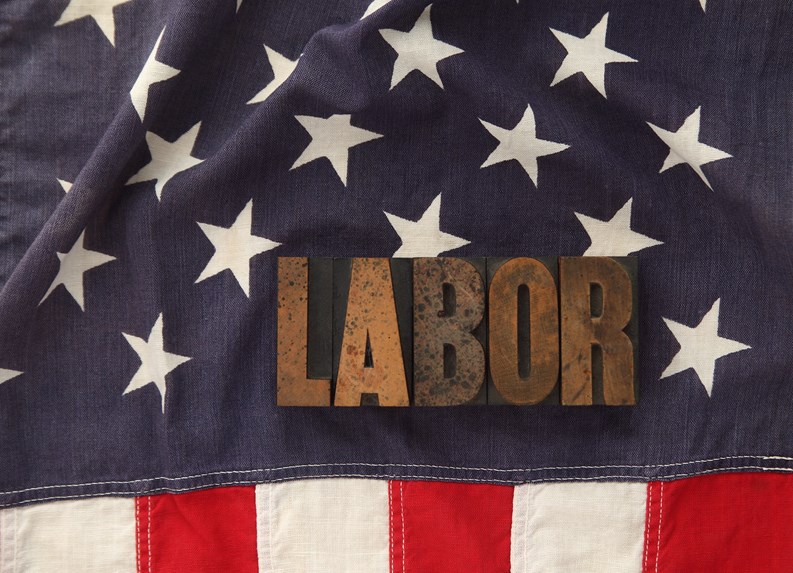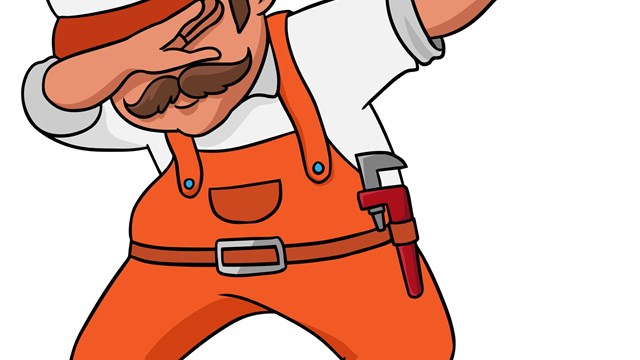The hard work of on-site employees - supers, resident managers, doormen, concierges, and handymen - is the fuel that New York’s apartment buildings run on. To a great extent, these employees are represented by Service Employees International Union, Local 32BJ. The current contract expires at midnight on April 20, 2022, and negotiations for a new contract are underway. These are typically four-year contracts, and negotiations often go right up to the expiration wire. For example, in 2014, a deal was declared just one week before expiry - and in 2010, negotiations were finalized at 10:50 the day of contract expiration. Despite these occasional nail-biters, there has not been a strike in over 30 years.
Who & What is Covered?
Contracts with 32BJ generally cover matters around wages, benefits, and working conditions, though other issues important to either or both sides can also be considered. The 32BJ union contract covers supers, doormen, porters, etc., but not resident managers - their contract is separate, and expires in June of this year. A resident manager is the ‘super’ in a building with more than six employees.
Andy Leight, senior vice president of operations for AKAM management, based in New York says, “It’s very hard to say where negotiations sit right now. The two sides are exchanging proposals and negotiating those points. Right now, we’re three weeks out, so it’s impossible to say where they are with respect to a final settlement. The parties have a generally amicable relationship.”
Howard Rothschild, President of the Realty Advisory Board on Labor Relations says, “As we continue negotiations with 32BJ, we are working to achieve a fair and mutually agreeable contract by April 20th. Over the last two years, we have worked in partnership to protect workers and residents during the pandemic. We are hopeful we can continue to show that our collaboration is the gold standard in New York and across the country.”
In Case of Strike
“The main concern in the event of a strike,” says Leight, “is ensuring the security and safety of residents and building. If there is a work stoppage, management, owners, and shareholders must address security issues to cover the front door. We prepare ID cards for shareholders and put out resident guidelines particular to each building. Residents volunteer to handle tasks such as manning the concierge desk and checking in on elderly or infirm residents. They may undertake porter duties as well, delivering papers and perhaps even mail. They may also remove trash. Typically, compactors are shut down, so residents must bring their trash to specific locations in the building. Sometimes, sanitation workers won’t cross picket lines, so there could be problems with garbage collection. We recommend that recyclables be kept in apartments until management can develop an overall plan. Alterations will also be halted, move-in move -out as well.”
Hiring temporary staff during a strike has historically been frowned upon, with many viewing temporary workers as scabs - particularly in a union town like New York. That’s why management pros recommend that you have a plan in place before you need it. In the meantime, remember how crucial building service workers are to the places so many of us call home.







Comments
Leave a Comment